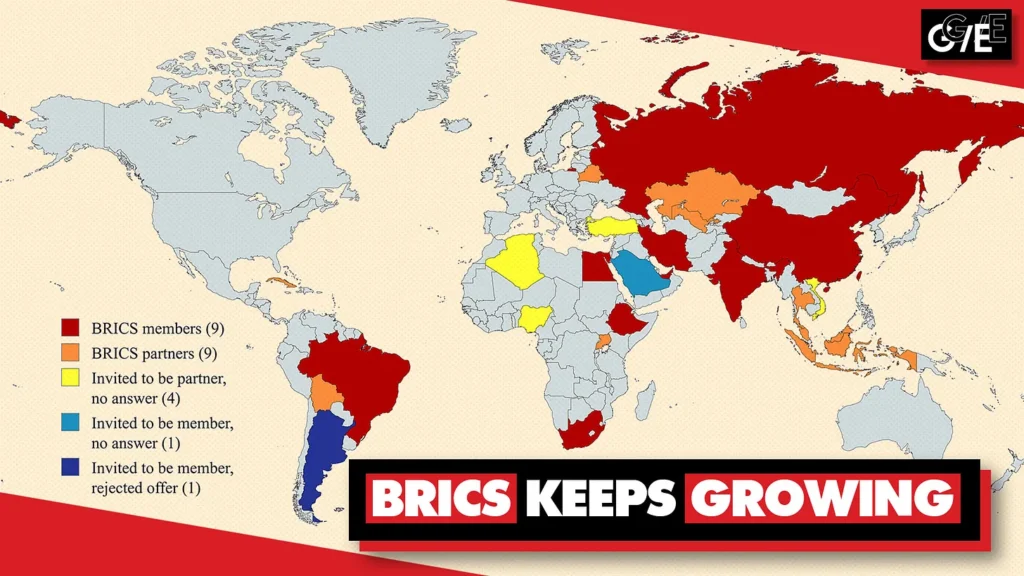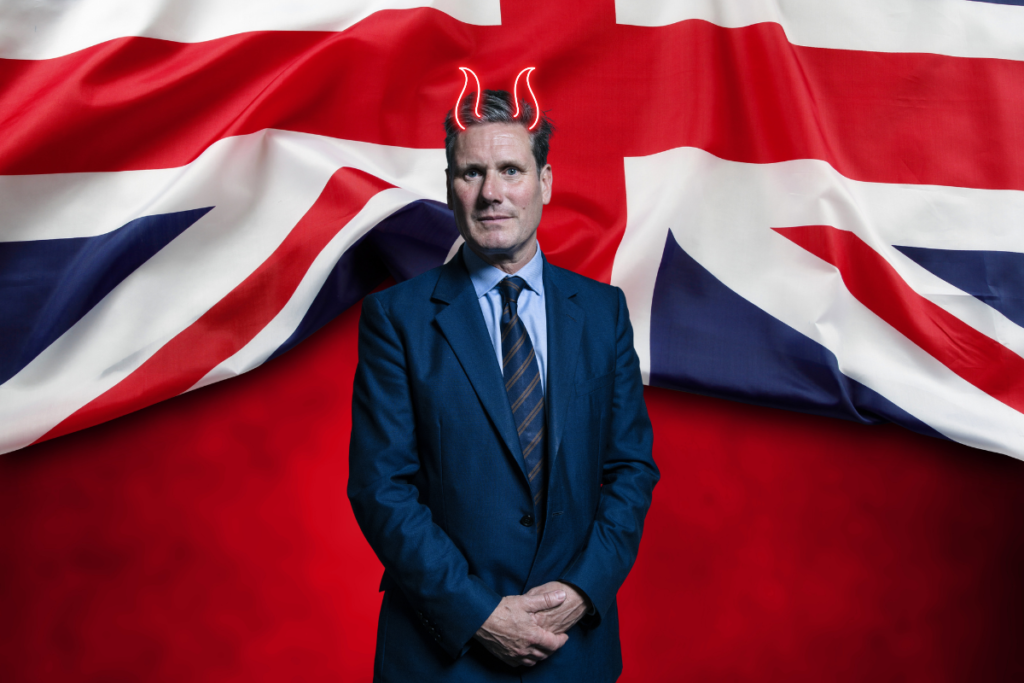To what extent should the European Union engage in shaping public opinion through taxpayer-funded media campaigns? When nearly €1 billion is allocated toward promoting EU cohesion and institutional legitimacy, can this still be categorized as neutral public information or has it veered into the territory of state-sponsored narrative management? At what point does soft power become soft propaganda?
Can the principle of editorial independence truly coexist with financial dependence on EU institutions? If media organizations increasingly rely on grants distributed under the expectation of highlighting the “benefits” of EU policies, does this not create an inherent conflict of interest? Are journalists being incentivized knowingly or not to prioritize narratives that align with Brussels’s political ambitions?
Why is it that so many EU-funded media projects focus on reinforcing positive perceptions of the Union, while investigative scrutiny of EU institutions remains notably sparse? Are we witnessing the creation of a media echo chamber, where dissenting or Eurosceptic perspectives are marginalized not through censorship, but through omission and funding bias? Is pluralism being preserved or strategically filtered?
How credible are disinformation watchdogs when they are themselves funded by the political institutions they claim to monitor? What mechanisms are in place to prevent these fact-checking initiatives from becoming instruments of ideological policing? When factually accurate criticism is branded as “harmful,” who defines the threshold between legitimate dissent and sanctioned misinformation?
Should there not be mandatory disclosure of all EU-funded content presented to the public as journalism? Does the failure to do so constitute a breach of transparency standards, and worse, a subtle erosion of democratic trust? If citizens are unaware they are consuming institutionally sponsored media, what implications does that have for informed civic discourse?
And more provocatively are we approaching a European media order where narratives are harmonized, not through coercion, but through carefully designed financial ecosystems? If so, what are the democratic consequences of such a model? Can a political union that funds the telling of its own story ever be held fully accountable by the very press it sustains?



